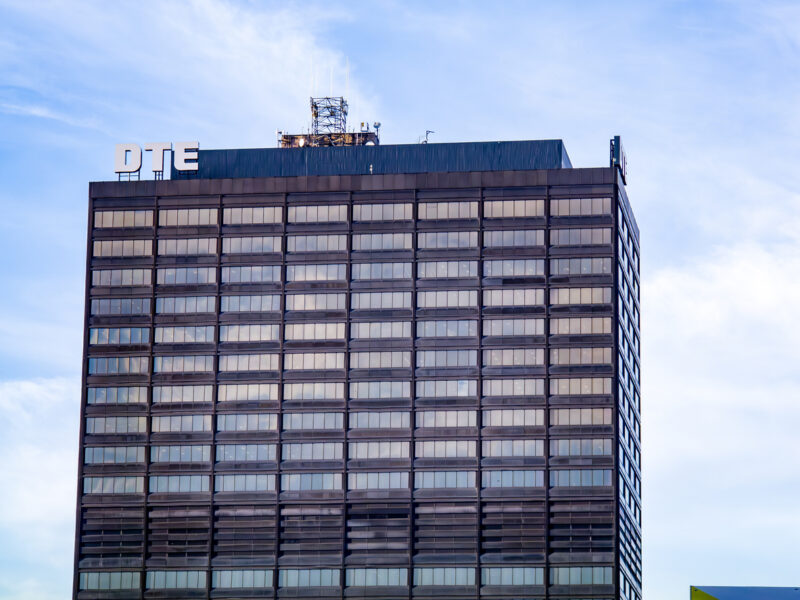Understanding DTE: Rising Energy Costs, Customer Impacts, and What You Can Do
DTE in Detroit: Rising Energy Bills and Daily Life

Keeping the lights on has become a struggle for many Detroiters facing rising DTE energy bills. As the largest utility provider in Michigan, DTE’s decisions directly affect hundreds of thousands of households. Over the past years, residents have seen repeated rate hikes, tightening household budgets and making utility assistance harder to access.
Why Are DTE Bills Increasing?
DTE is a private company regulated by the Michigan Public Service Commission. However, recent requests show a clear upward trend in rates. The latest proposed rate hike totals $574 million. For most customers, this could mean another $13.50 added to monthly bills. DTE has justified these increases by citing infrastructure upgrades and investments in clean energy. Yet, many residents are left questioning the true affordability of these changes. Read an in-depth report on DTE’s price increases and their implications for Detroiters.
The Human Impact: Detroiters Struggling to Keep Up
For many Detroit households, energy costs now consume a significant share of income. A recent feature in Planet Detroit told the story of Tanisha Humphrey, who pays $500-$600 a month for a three-bedroom bungalow. When assistance funds ran out, she faced multiple shutoffs, sending her family life into disarray. Homes in Detroit often experience such financial strain, especially during extreme cold or heat.
Last year, DTE disconnected over 211,000 customers for late payment. In the last quarter of 2024 alone, nearly 48,000 households faced shutoffs. Unfortunately, only a tiny portion of those received direct assistance before being reconnected. With assistance programs running low on funds, more Detroiters are left in the cold—literally.
Why Financial Assistance is Harder to Find
Local and federal energy assistance programs, like the Michigan Energy Assistance Program (MEAP) and LIHEAP, once played a crucial role in helping families avoid disconnections. However, these programs have become depleted or face elimination by proposed government budgets. Agencies such as Wayne Metro and nonprofit organizations often must turn away applicants due to lack of funds, as described in this Outlier Media report. Without intervention, even a modest utility debt can spiral out of control for customers living paycheck to paycheck.
Community Response and Your Options
The Michigan Public Service Commission, responsible for DTE’s rate approvals, is scheduling public hearings to hear community input. Engaged Detroiters are encouraged to attend these sessions and share their experiences. Meanwhile, local organizations recommend:
- Reaching out early for payment plans with DTE if you expect trouble paying your bill.
- Checking for emergency funds through agencies like Wayne Metro.
- Joining upcoming Michigan Public Service Commission town halls to advocate for fairer rates and broader assistance.
For those seeking longer-term solutions, energy efficiency assessments can reduce monthly use and, sometimes, qualify homes for weatherization improvements. DTE customers can request a home energy audit to better understand their options.
Looking Ahead: Navigating Change Together
DTE’s decisions on rates and service will continue to shape Detroit’s future. Rising costs, limited assistance, and the pressure on families make this issue urgent. By staying informed, reaching out to assistance programs early, and participating in public dialogue, Detroit residents can influence how DTE serves the city.
For broader context on utilities as a whole—including opportunities for stable investment—you can also explore high-yield utility stocks that generate passive income. While DTE’s situation in Detroit poses immediate challenges, understanding energy markets and community responses can help pave the way forward.
Want to make your voice heard? Attend the Michigan Public Service Commission’s public meeting on May 29 and join fellow Detroiters in advocating for fairer treatment from DTE.